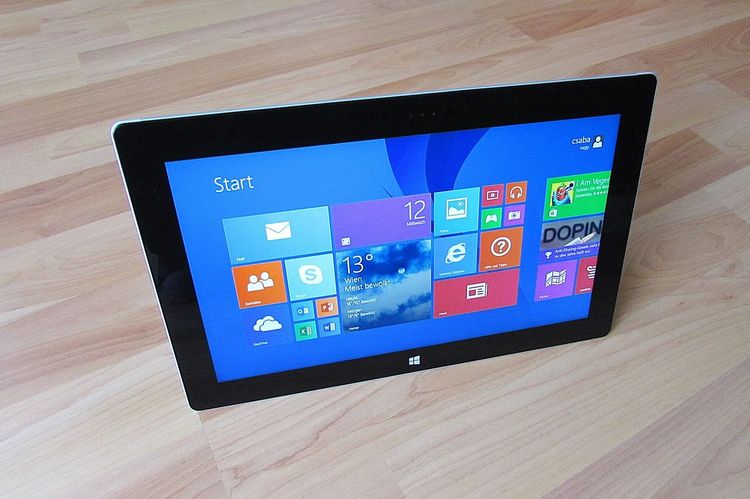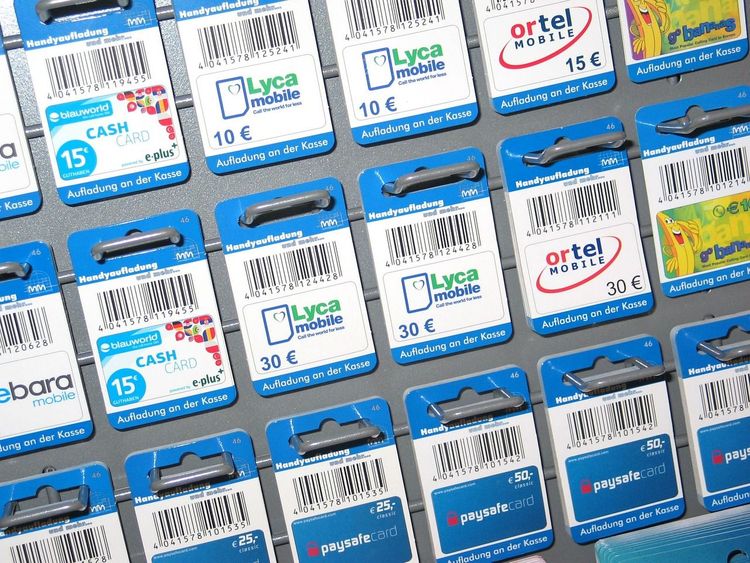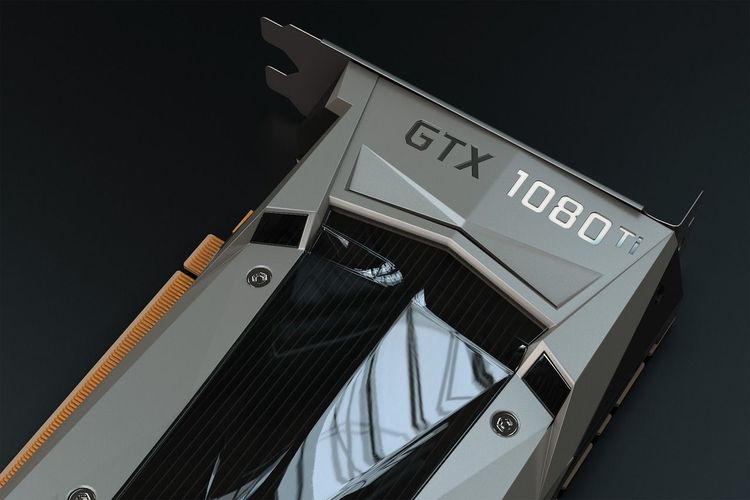Perplexity AI: A New Contender in the Search Engine Landscape
Perplexity AI, founded a year ago by former Google AI researchers Andy Konwinski, Aravind Srinivas, Denis Yarats, and Johnny Ho, is poised to challenge Google's dominance in web search. By combining a web index with real-time information and a conversational AI chatbot interface, Perplexity aims to redefine the search experience. Its chatbot, Perplexity Copilot, previously relied on established AI models—OpenAI’s GPT-4 and Anthropic’s Claude 2—which subscribers could switch between.
Recently, Perplexity has made significant strides by releasing its own large language models (LLMs), named pplx-7b-online and pplx-70b-online, corresponding to their parameter sizes of 7 billion and 70 billion, respectively. These models build upon the open-source mistral-7b and llama2-70b models from Mistral and Meta.
Why Perplexity’s New LLMs Matter
Perplexity’s LLMs are noteworthy for several reasons. Not only can other organizations utilize them through Perplexity's API, but they also prioritize delivering "helpful, factual, and up-to-date information." This is a critical advantage, as leading models like OpenAI's GPT-3.5 and GPT-4 have faced challenges with outdated knowledge.
As CEO Aravind Srinivas highlighted on X, the new PPLX LLMs are “the first-ever live LLM APIs grounded with web search data and free from knowledge cutoffs.” Unlike GPT-3.5 and GPT-4, whose knowledge was limited to September 2021 (recently extended to early 2023), Perplexity’s models continually integrate real-time information from the web.
Competition in Real-Time Knowledge
The competition to provide current knowledge through LLM chatbots is intensifying. Elon Musk’s xAI has announced its Grok chatbot will leverage real-time information from X (formerly Twitter), already available to select users and rolling out broadly soon.
Other LLM providers, like Toronto-based Cohere, are also attempting to integrate recent data via web browsing capabilities and retrieval-augmented generation (RAG), which allows the model to access external information provided by an administrator.
Perplexity has developed its own system for sourcing real-time information, employing in-house search, indexing, and crawling infrastructure. Their blog states, “Our large search index is updated regularly and utilizes sophisticated ranking algorithms to ensure high-quality, relevant content is prioritized.” These updates allow their models to generate responses anchored in the latest available data.
Evaluating Performance
To validate the effectiveness of its new LLMs, Perplexity engaged human evaluators to assess their responses based on helpfulness, factuality, and freshness. The evaluators compared answers from both Perplexity’s PPLX models and those from Meta’s Llama 2 and OpenAI’s GPT-3.5 Turbo.
Using Elo scoring, Perplexity found that its models outperformed both OpenAI's and Meta's in terms of freshness and factuality, although GPT-3.5 still excelled in helpfulness.
How to Access Perplexity's LLMs
The new PPLX LLMs are now accessible for individuals and organizations through Perplexity's API, with documentation available online. Transitioning from beta to public availability, there is a subscription fee of $20 USD per month (or $200 annually) for the Pro tier. This includes a $5 monthly credit for API access, with additional usage fees to be determined by direct inquiry to Perplexity.
With the growing competition in AI-driven search technology, Perplexity has attracted early supporters like venture capitalist Jeremiah Owyang, who sees great potential in its approach.
As Google Bard faces challenges amid mixed reviews, and with the anticipated launch of Google’s AI model Gemini postponed, Perplexity is strategically positioned to carve out a distinct niche in the future of search, offering users an interactive AI assistant that efficiently surfaces real-time information.







